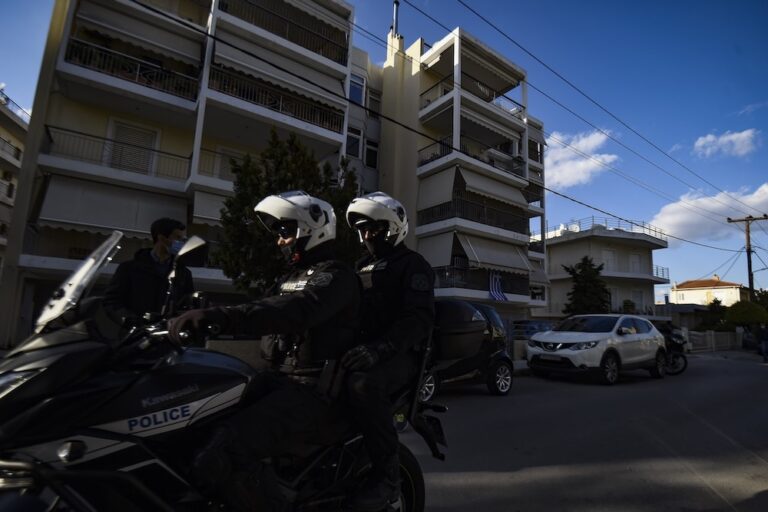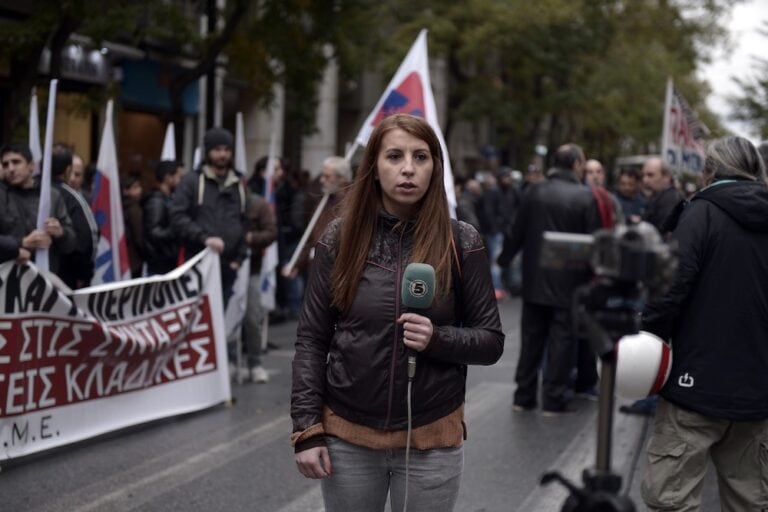(GHM/IFEX) – The following is a GHM press release: Topic: Journalist to be tried for April Fool’s Day article of four years ago Greek Helsinki Monitor (GHM) condemns the forthcoming 23 June 2005 trial, at the three-member Misdemeanors Court of Mytilini, of journalist Nikos Manavis for “dissemination of false information or rumors that may cause […]
(GHM/IFEX) – The following is a GHM press release:
Topic: Journalist to be tried for April Fool’s Day article of four years ago
Greek Helsinki Monitor (GHM) condemns the forthcoming 23 June 2005 trial, at the three-member Misdemeanors Court of Mytilini, of journalist Nikos Manavis for “dissemination of false information or rumors that may cause uneasiness or fears among citizens” (Article 191.1, Criminal Code).
The charges are based on a 2001 April Fool’s Day article he had published in the island of Chios-based weekly “Kyriakatika Aiolika Nea” where he had presented, in the annual tradition of 1 April newspapers, a false story backed with an electronically edited picture which suggesed that a newly built island of Mytilini bridge (after a seven year controversy) had supposedly collapsed. As usual, the next day the newspaper had stated this was an April Fool’s Day item. Nikos Manavis now works at the Mytilini based daily “Empros.”
Then Prosecutor George Ktistakis charged ex officio the journalist who, on 12 April 2001, gave a witness statement and, on 23 July 2001, a defendant’s statement. Even though in Greece crimes committed by the press have a quick 18-month statute of limitation prescription (extended by two years if summons are served within that deadline), the new prosecutor, Athena Lambea, abusively referred the journalist to trial with an indictment issued on 10 February 2004, but served to Nikos Manavis only on 16 May 2005. GHM recalls that holding the first trial more than four years after the facts is also a violation of the principle of a fair trial enshrined in Article 6 of the European Convention of Human Rights.
GHM recalls that this is one in a continuing very long series of criminal charges, often followed by convictions, against Greek journalists – often of local media – for spreading false information, publishing classified documents, and especially defamation. The quick prescription and the possibility to convert sentences to fines mean that no journalist ends up in jail. Yet such harassment has an intimidating effect on journalists. Similar intimidating methods are occasionally used against local human rights activists too. Regrettably, specialized freedom-of-expression organizations and journalists’ unions choose not to report, let alone condemn, such cases.


